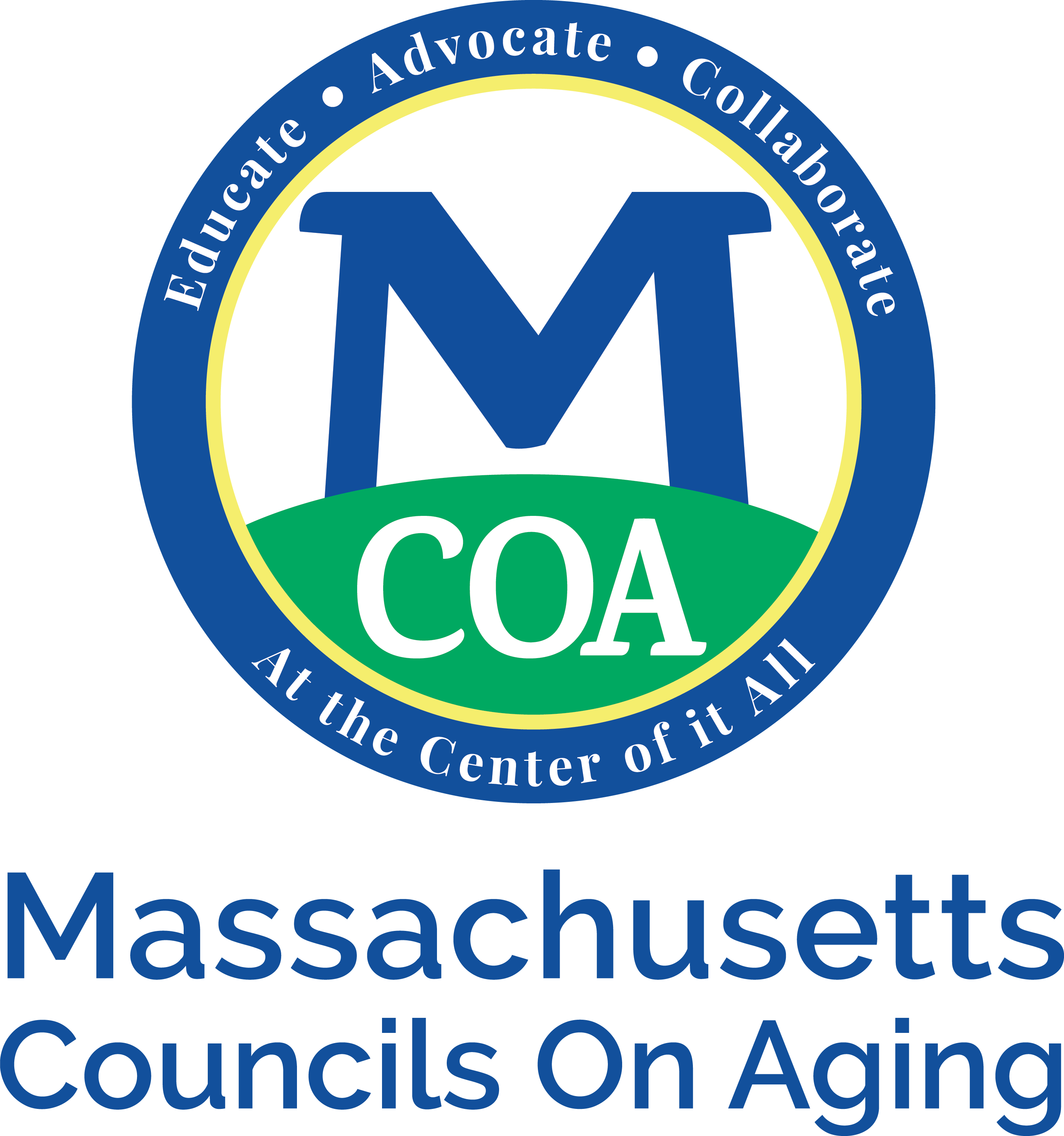COA BOARDS & FRIENDS GROUPS
What is a COA Board?
A Council on Aging (COA/Council) operates under Chapter 40 Section 8B of Massachusetts General Laws, permitting municipalities to establish COAs for coordinating aging programs alongside the Executive Office of Elder Affairs. COA board members hold responsibility to their town or city government and the community, with their duties outlined in legal charters or warrants. Understanding and upholding the COA’s mission, often centered on aiding the aging population, is crucial. COAs function as the primary public social service agency in many municipalities, addressing needs starting from age 50 and facilitating independence through information, support, and resource linkage.
Operating within the municipality’s legal framework, COA board members carry public responsibilities akin to elected officials, necessitating comprehension of state laws and ethical obligations. COAs identify and address unmet needs, often incorporating education and advocacy, requiring board members’ commitment to the agency’s mission and adherence to legal and ethical standards.
View/Download Board Resource Guide
What is COA Friends Group?
News You Can Use
Cultivating Connection: How Orleans Council on Aging Built a Welcoming Space for LGBTQ+ Older Adults
Cape Cod, especially the Lower Cape region, is home to a significant population of older adults, with nearly 60% of Orleans residents over the age of 60. Within this demographic lies a vibrant, yet sometimes isolated, LGBTQ+ community. Judi Wilson, Director of the...
Bridging Divides: How OutstandingLife is Cultivating Connection and Combating Isolation for LGBTQ+ Older Adults
In Massachusetts, a significant grassroots effort is underway to combat loneliness and isolation among LGBTQ+ older adults. OutstandingLife, Inc., a 501(c)(3) non-profit, has emerged as a vital online community, creating connections and fostering well-being across the...
